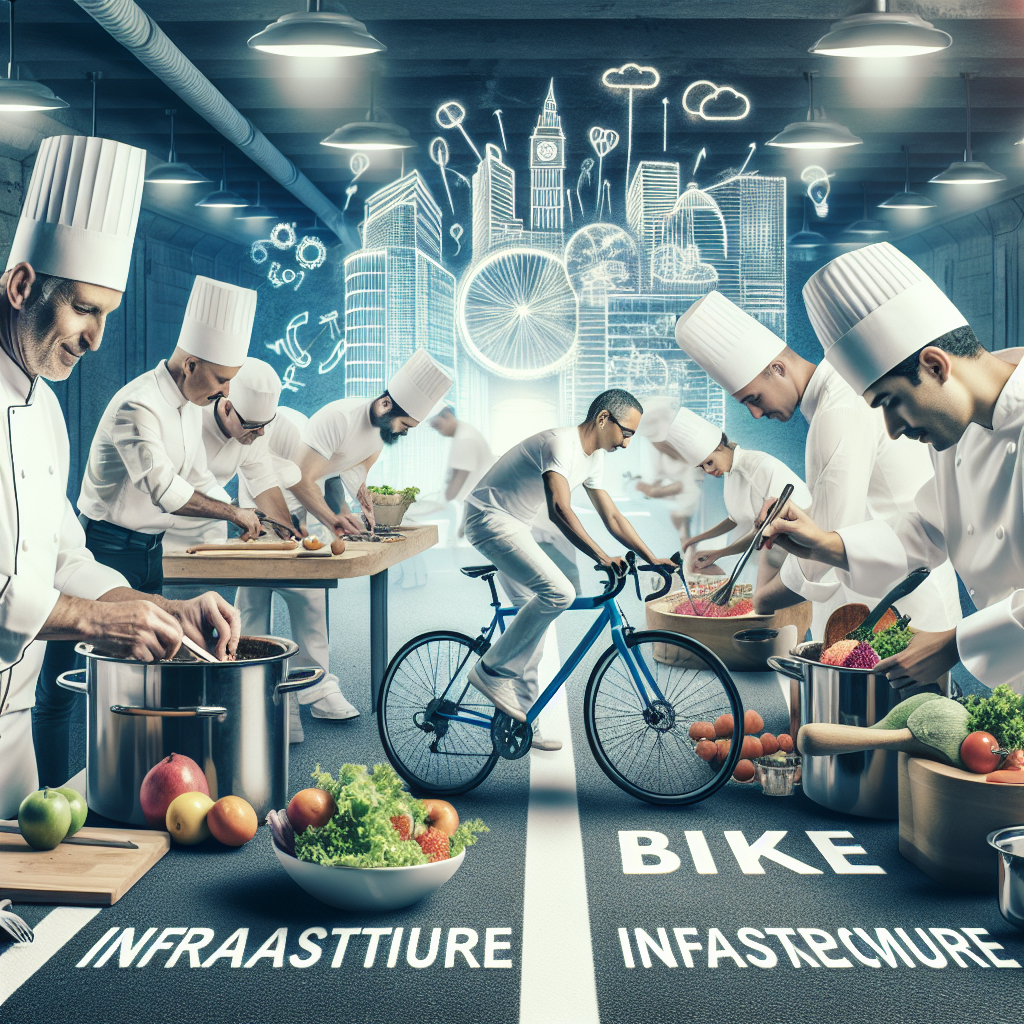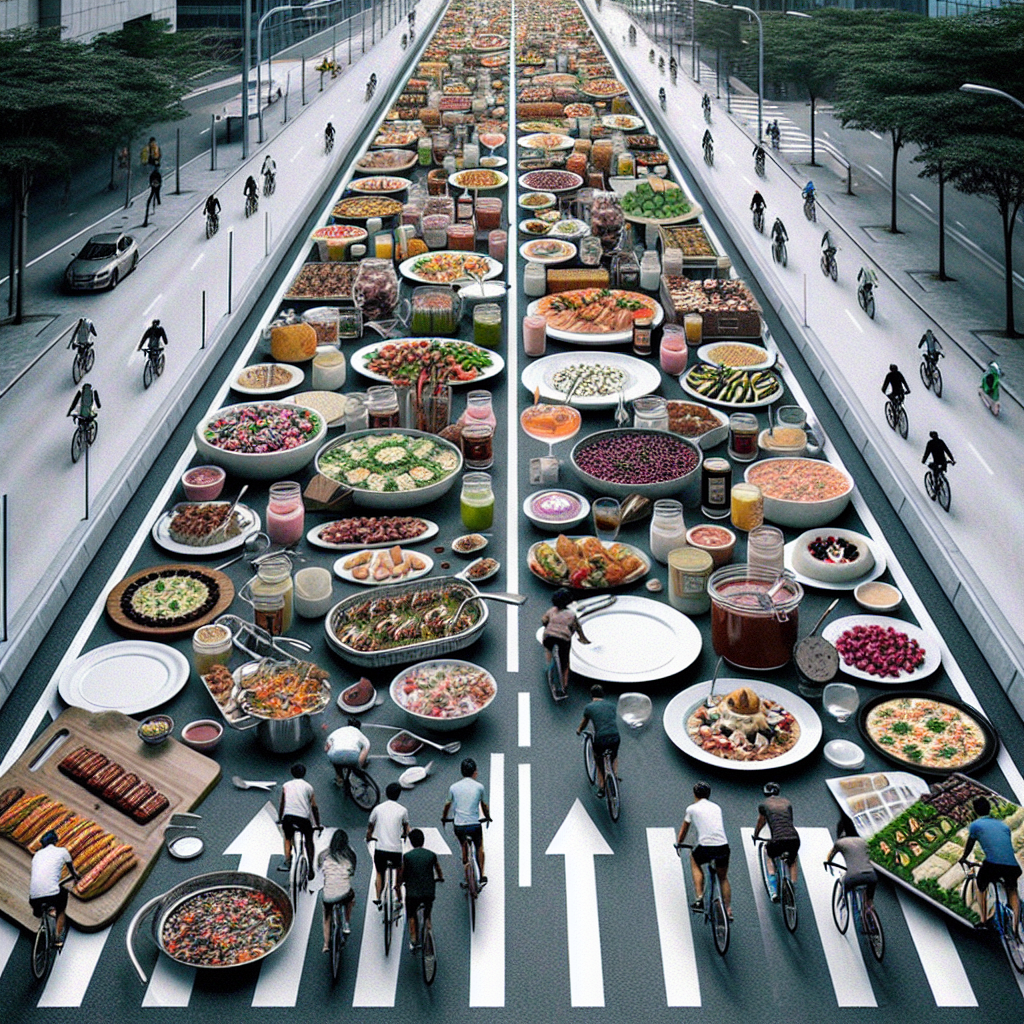Breaking: A development that will change everything. The city is getting served a piping hot course of enhanced bicycle infrastructure —an urban facelift that promises to be as exciting as a new dish on your favorite restaurant’s menu.
Immediate Impact: Like biting into an exotic morsel, there is a mixed taste of trepidation and thrill among citizens. We are quickly transforming our once auto-centric fabric into something more akin to Europe’s cycling capitals.
Key Players Involved: Chefs behind this culinary masterpiece include local government officials, urban planners, engineers – all under the watchful eyes of citizen groups who have been advocating for cycle-friendly changes for years now.

What We Know So Far: New bike lanes are being added, existing ones widened and made safer; reminiscent of how a chef refines his recipe over time – with care, precision and intentionality. Bike-sharing programs are gaining momentum too, adding another layer to the piquant sauce we’re cooking here.
The ‘Public Reaction’: Much like diners at different tables hold varied opinions about their meals, so do inhabitants across town about these biking facilities. Some appreciate their commute from being merely necessity-driven affairs to experiential adventures; others worry about reduced car-parking spaces or increased taxes likened perhaps to waiting longer for that prized reservation or paying extra for ingredients you didn’t ask for!
In the ‘Expert Analysis’, urban planners compare bicycle infrastructure to a thoughtfully assembled cheese board, with each part complementing the other. However, they warn against rushing into things and recommend taking it slow—like letting a fine wine breathe—to ensure we don’t end up with indigestion.
As for ‘What Happens Next‘, cities like Copenhagen or Amsterdam set great examples. If our city can emulate them successfully, we can slowly but surely drift towards becoming cycle-centric utopias!
The ‘Broader Implications’ are certainly tantalizing – fewer cars on roads might reduce pollution levels and encourage healthier lifestyles, making our city like an open-air café where everyone is welcome. On another note, small businesses may flourish too as shoppers have easier access to local stores — like footfall increasing at niche eateries once hidden in back-alleys.
In the ‘Historical Context’, bicycles were once considered luxury items – akin perhaps to haute cuisine – and then turned into commons; now they seem poised to take center-stage again in urban mobility landscapes!
Moving forward, let’s together savor this new course served by city officials and transport planners — one that promises many health benefits (low calorie counts included?) aside from environmentally-conscious commuting options.
